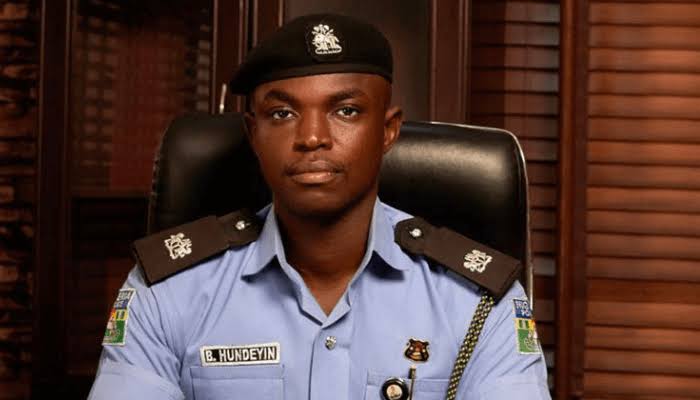A recent incident involving a confrontation between BBNaija star Phyna and the Lagos State Police has drawn significant attention and sparked a heated debate on the boundaries of recording and personal privacy.
The incident began when Phyna, whose real name is Josephina Otabor, was stopped by police officers for a routine stop-and-search procedure. During the encounter, the officers reportedly began filming her, which led to a confrontation between Phyna and the police.
In response to the incident, Lagos State Police Command Spokesman, Benjamin Hundeyin, offered his perspective on the matter. He noted that it is a common practice for Nigerians to record police officers in various situations. However, he emphasized that people often become agitated and consider it harassment when police officers use their phones to record them.

Highlighting the irony in the situation, SP Benjamin pointed out that Nigerians sometimes struggle to accept the same treatment they routinely dish out to law enforcement officers. He explained that in Phyna’s case, she was recorded because she was breaking a traffic law, and the video served as evidence.
He also mentioned that the ongoing debate highlights the challenges faced by police officers in carrying out their duties, particularly when dealing with the public’s perceptions of recording and surveillance.
If you were in my shoes, somebody carries phone on your face, you’ll get angry. You’ll get angry! – a Nigerian 🙄
You guys can’t even take what you dish out. A police officer uses his phone to record you, not randomly, but while you’re breaking a traffic rule and you’re all… pic.twitter.com/2urRsEP58K
— SP Benjamin Hundeyin (@BenHundeyin) November 7, 2023

